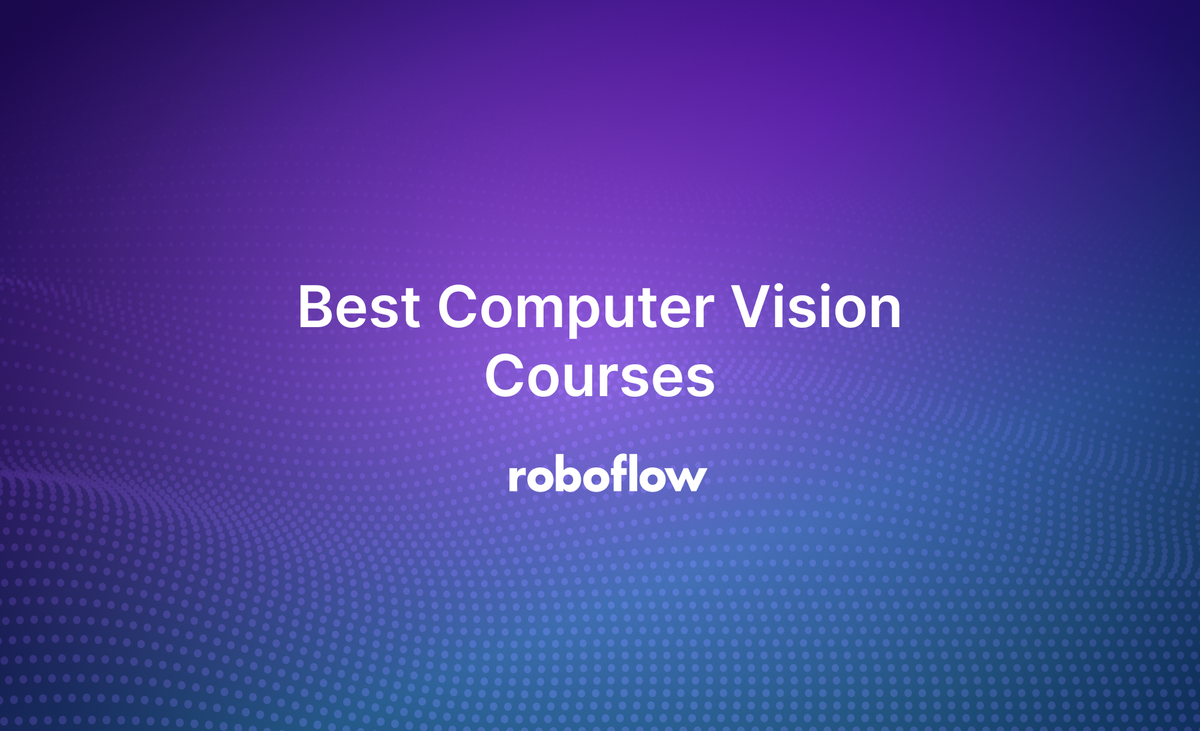
Computer vision is already transforming industries such as aerospace, agriculture, and healthcare. Furthermore, the global computer vision marketing is set to grow from $25 billion in 2024 to $175 billion by 2032 — a rapid pace of 27.3% each year. With this surge in demand, more students, artificial intelligence and technology enthusiasts, developers, and data scientists are enrolling in courses to build their skills, drive innovation, and even pursue new careers.
Luckily, there are a plethora of courses to chose from: studies show that AI-related courses grew by over 100% between 2016 and 2020. Are you curious about autonomous vehicles? Do you simply want to figure out how to use machine vision to win more chess matches?
Here are some of the best free and paid computer vision courses.
Top Computer Vision Courses and Programs Online
From beginner-friendly, hands-on videos such as Roboflow Learn, where you can build a vision model in just a day, to Stanford’s CS231N, discover the best computer vision classes available. I've included options for an eclectic array of learning styles: live classes, YouTube videos, self-paced online lectures with coding assignments, and real-world project tutorials. I hope this guide makes it easy for you to discover which course aligns with your skill level, learning style, and career ambitions. Many classes even teach cutting-edge techniques such as YOLO object detection and Facial Keypoint Detection with deep learning.
1. Roboflow Learn
Free beginner-friendly blogs, videos, and documentation designed by Roboflow
- Best for: Beginners, those seeking short, actionable content
- Cost: Free
If you're just getting started with computer vision and prefer rapid hands-on learning, explore this up-to-date platform offering a variety of free resources covering all you need to know to plan, label data for, train, deploy, and improve computer vision projects in 2025.
You can build a computer vision algorithm in about a day with a tool like Roboflow, which handles the technical back-end and empowers you to focus more on solving a particular problem with computer vision. The best part is that you can work with real image datasets (for free from Roboflow Universe) and even train your own vision AI models without needing a lot of coding experience.
In addition, learn about the latest computer vision releases with weekly product sessions and get questions answered in an engaged community forum.
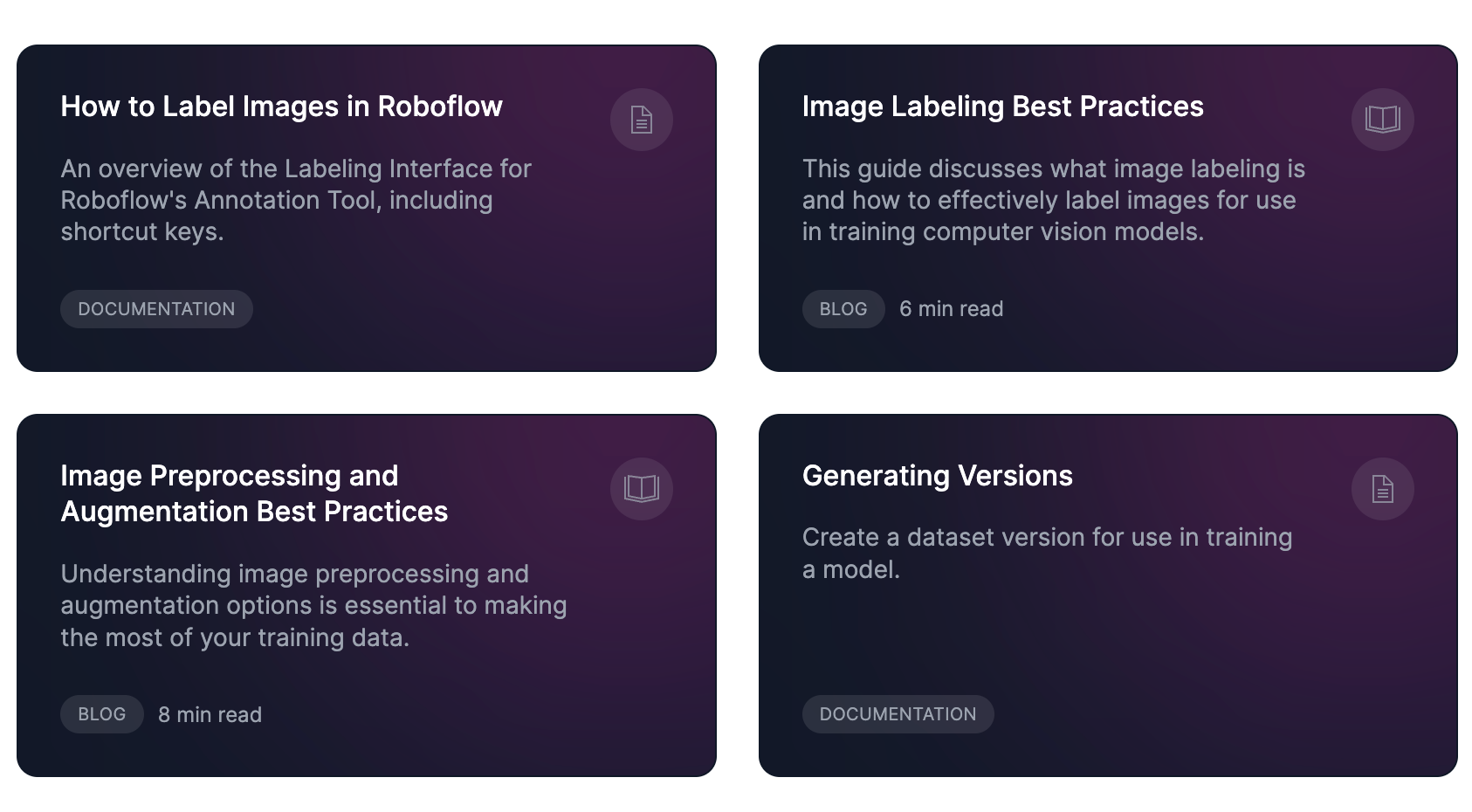
If you'd like a more comprehensive deep learning curriculum with assignments, or more instructor feedback to hold you accountable, there are additional options.
2. Stanford's CS231N Deep Learning for Computer Vision
Nearly 3.5 milloin views, 10 week online course by Stanford University, also available via YouTube videos for free
- Best for: Those with proficiency in Python, college calculus, linear algebra, and programming experience in a different language (e.g. C/C++/Matlab/Javascript)
- Cost: $6,181.00 or free when you watch the YouTube videos
Comfortable with machine learning but looking to go deeper into computer vision, specifically? It's hard to look past Stanford's CS231N, a course that leaders like Tesla Head of AI Andrej Karpathy completed.
In this class, taught by leading experts in the field, including Fei-Fei Li, Justin Johnson, and Serena Yeung, you will learn how to build, train, and fine-tune neural networks that can recognize objects, classify images, and detect patterns—skills at the core of technologies such as self-driving cars, medical imaging, and facial recognition.
The course covers key concepts such as backpropagation, convolutional neural networks, and advanced architectures like recurrent neural networks (RNNs) and Long Short-Term Memory (LSTM) networks. Through hands-on implementation and debugging, you'll develop the expertise to design state-of-the-art vision systems, applying both supervised and unsupervised learning techniques.
Bear in mind this course assumes a math-heavy background and extensive programming experience. In addition, without formal enrollment, you won't have access to instructor feedback or peer discussions. If you're new to the field or prefer a more guided learning experience, consider starting with a beginner-friendly course and working your way up to CS231n.
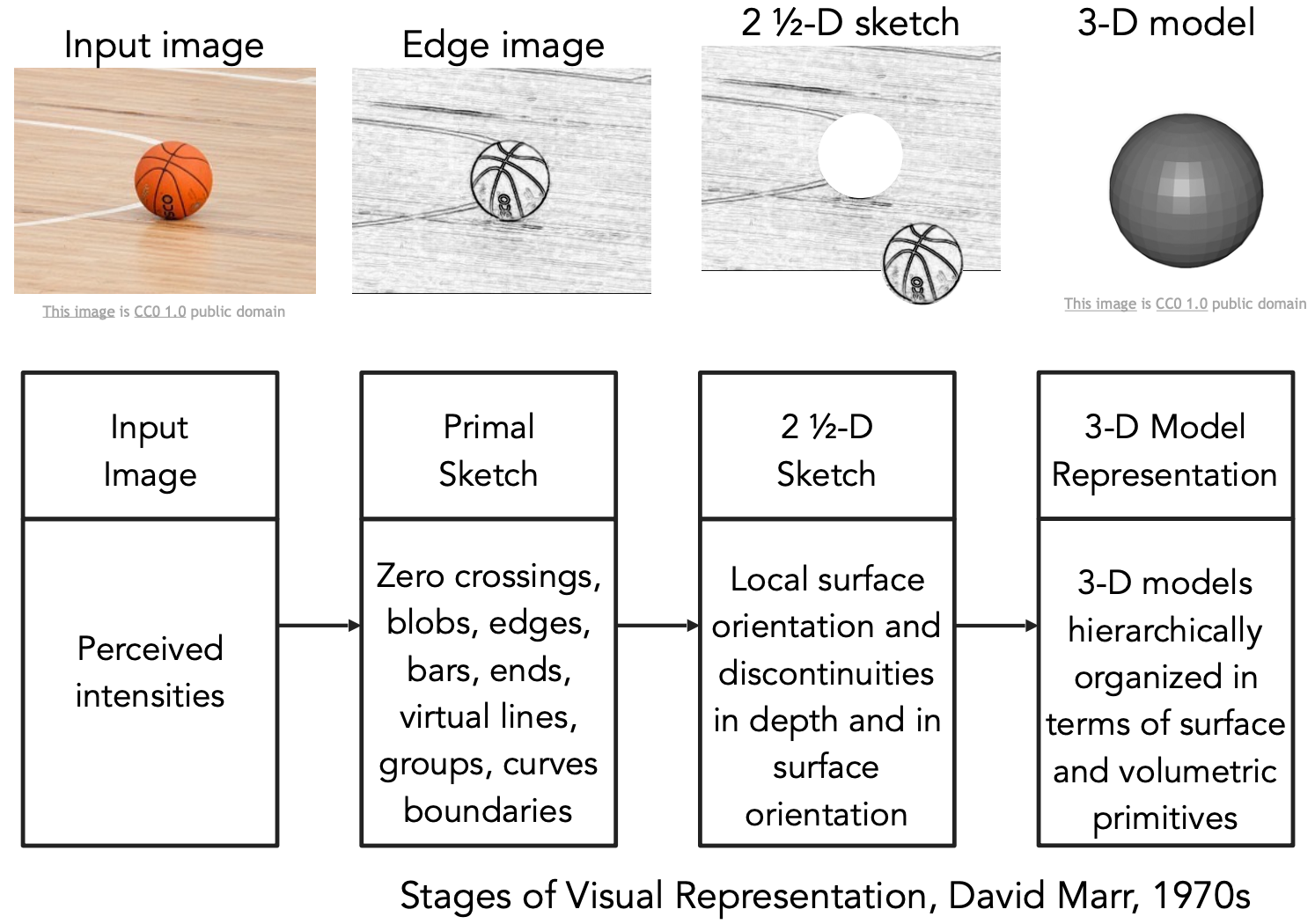
3. Modern Computer Vision Track
Nearly 50 YouTube video lecture series from top universities around the world
- Best for: Explorers - picking and chosing topics that interest you
- Cost: Free
Professor Geoffrey Hinton from the University of Toronto compiled this amazing resource featuring free online YouTube lecture videos from Duke University, Colorado School of Mines, Stanford, Northwestern Robotics, and many more prestigious schools worldwide.
These videos are a great way to learn about computer vision, its applications in modern robotics, 3D computer vision, and even deep dive into self-driving cars. However, none of the lectures were released after 2021, so some information may be out of date - and the sheer number of videos may overwhelm you.
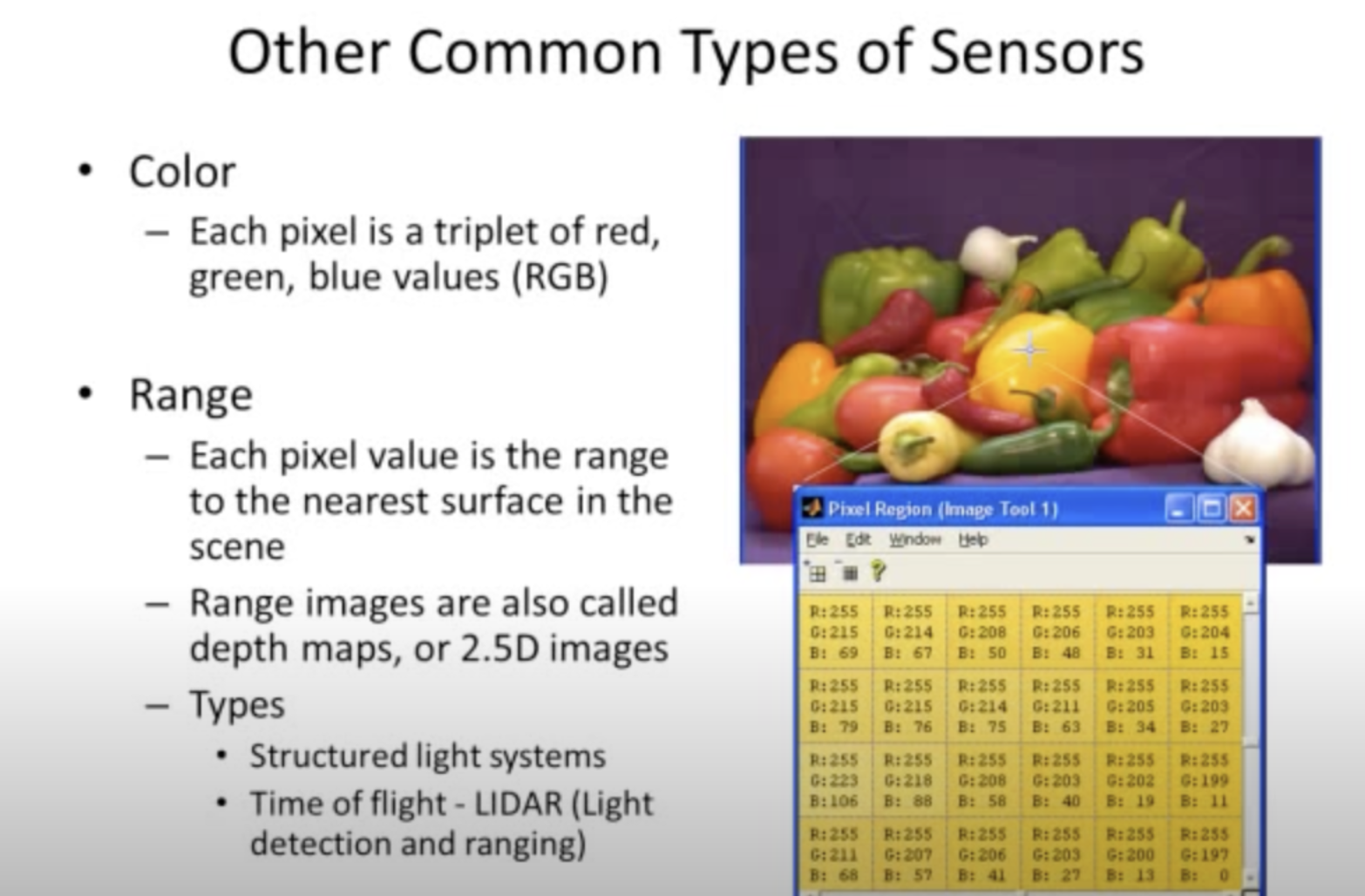
4. Python for Computer Vision with OpenCV and Deep Learning
"Bestseller" rated 4.6/5 by 11K students, 14 hours self-paced online video course on Udemy
- Best for: Those with object-oriented programming basics, and Python experience, and interest in open-source
- Cost: $99.99
Taught by Jose Portilla, Head of Data Science at Pierian Training, with a BS and MS in Mechanical Engineering from Santa Clara University. While this course is not free, it does feature a popular open-source platform OpenCV. This class explores how to use Python and the OpenCV library to analyze images and video data.
Students will learn about numerical processing with the NumPy library and how to open and manipulate images with NumPy. They'll discover the latest deep learning topics, including image recognition and custom image classifications. And, finally, the course covers the latest deep learning networks, including YOLO.
However it's important to note this course was released in 2021, so it is not as up to date as some others listed. And keep in mind there's a Discord chat, but no direct instructor feedback on your computer vision projects.
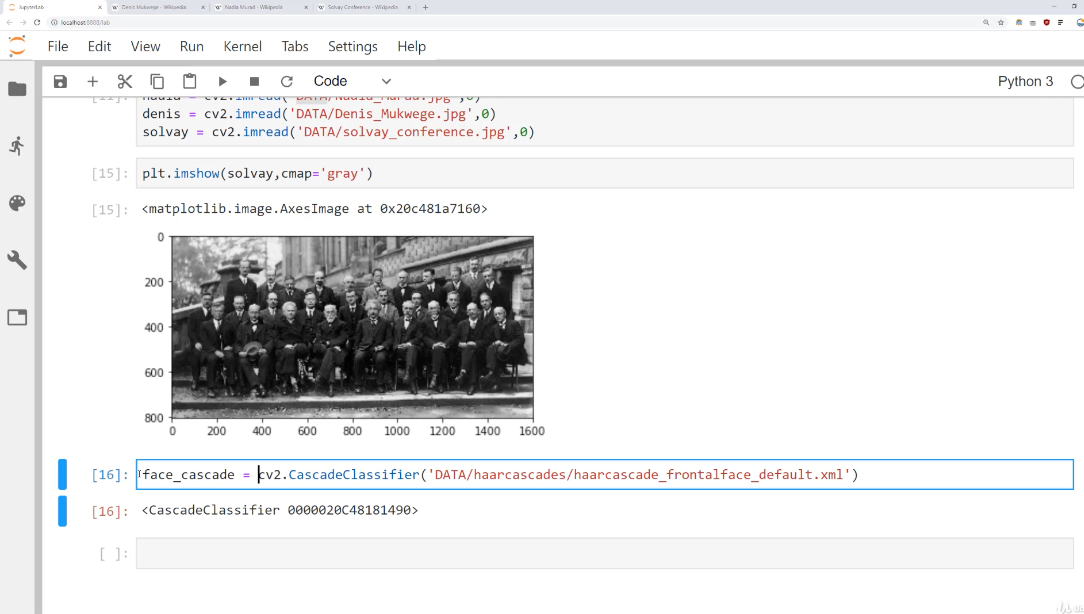
Another similar option are the multi-part courses offered by our partner OpenCV, that walk learners through computer vision fundamentals and computer vision applications. The courses are a bit of a larger investment (with the first unit starting at $600), but they are instructor-led, providing an adaptable learning experience.
5. Deep Learning for Computer Vision by the University of Michigan
Over half a million views, free YouTube series offered by University of Michigan
- Best for: Those with object-oriented programming basics, and Python experience
- Cost: Free
This course is taught by Justin Johnson, an Assistant Professor at the University of Michigan and a Research Scientist at Facebook AI Research, who received his PhD from Stanford University. It provides a comprehensive exploration of learning algorithms, neural network architectures, and practical engineering tricks for training and fine-tuning networks for visual recognition tasks. Students will learn to implement, train and debug their own neural networks and gain a detailed understanding of cutting-edge research in computer vision.
It's especially useful if you're looking to get a deeper theoretical understanding of computer vision and deep learning concepts from an academic perspective. However, if you prefer interactive learning with assignments, projects, and more up-to-date content, supplement this course with additional materials.
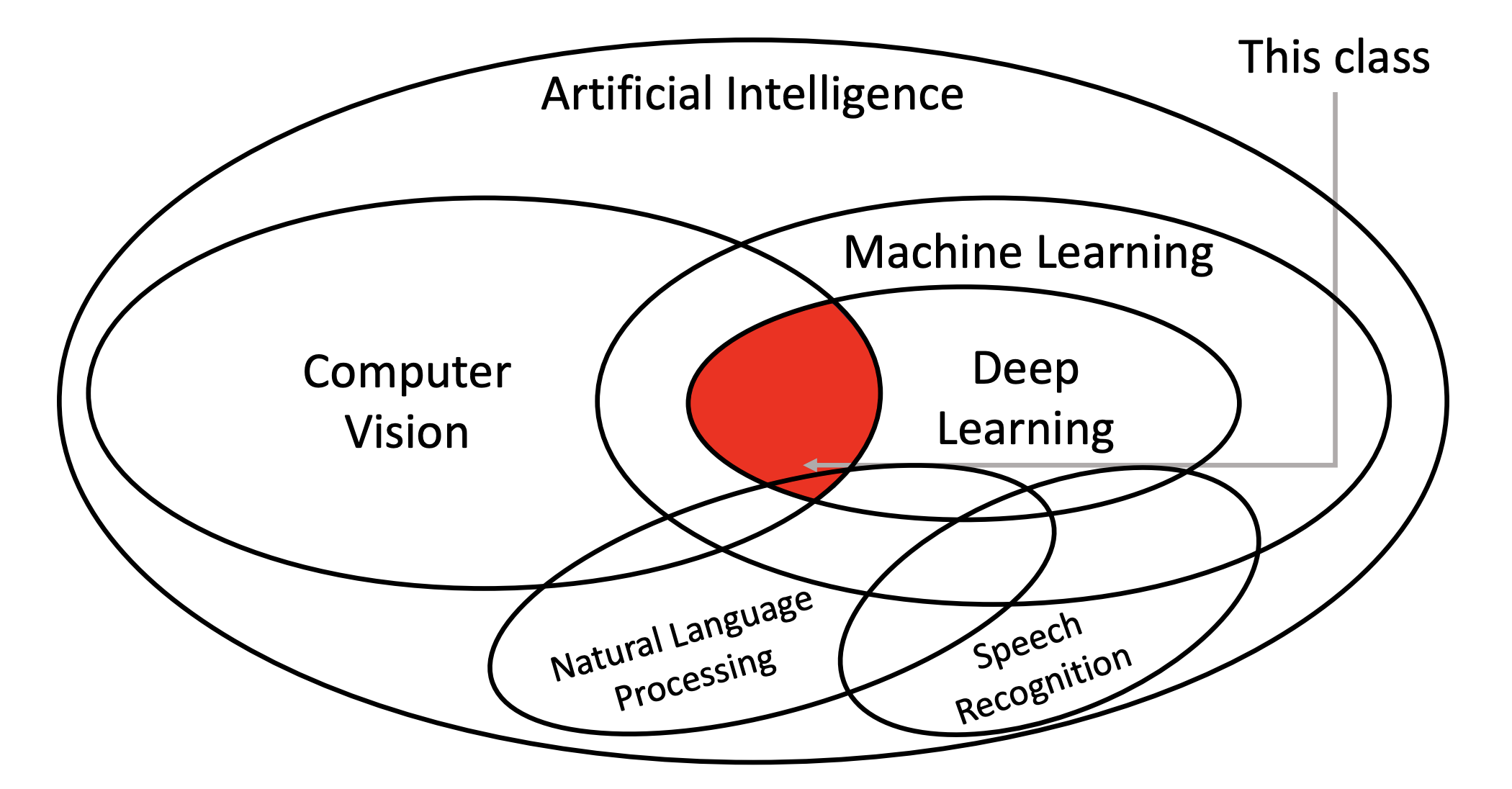
6. Introduction to Computer Vision on Udacity
Rated 4.7/5 stars by 477 students, free self-paced online course by Georgia Tech on Udacity
- Best for: Those with significant experience with Python and entry-level experience with probability, statistics, and deep learning architectures, in addition learners need access to a 64-bit operating system with at least 8GB of RAM
- Cost: $212/month
If you're an engineer looking for a course you can take on your schedule, this could be a nice fit. Udacity’s Nanodegree is a three-month sprint (10/15 hours per week) that equips you with the hands-on skills to analyze, process, and extract insights from images. The curriculum lead for this course is Cezanne Camacho, an expert in computer vision with a master’s in electrical engineering from Stanford University.
In this course, you’ll explore image processing, convolutional neural networks (CNNs), feature extraction, and object recognition—all through real-world projects. As just one example you'll see how to create a simple neural network for analyzing the sentiment (bad or good) in the text of movie reviews. You’ll train custom filters for edge detection, segment images with clustering, and even build a Facial Keypoint Detection model using deep learning. Plus, with optional AWS cloud computing lessons, you can scale your models. Throughout the course, you'll experiment with advanced CNN architectures, learn about multi-object detection with YOLO, and explore how to combine CNNs and RNNs to build sophisticated systems like automatic image captioning.
However, because this class is self-paced you're responsible for managing your own time. And while there are forums, this course is largely self-guided, and you may not have as much direct access to instructors for clarification or feedback. While practical coding projects are involved, there are moments where the course is quite theoretical.
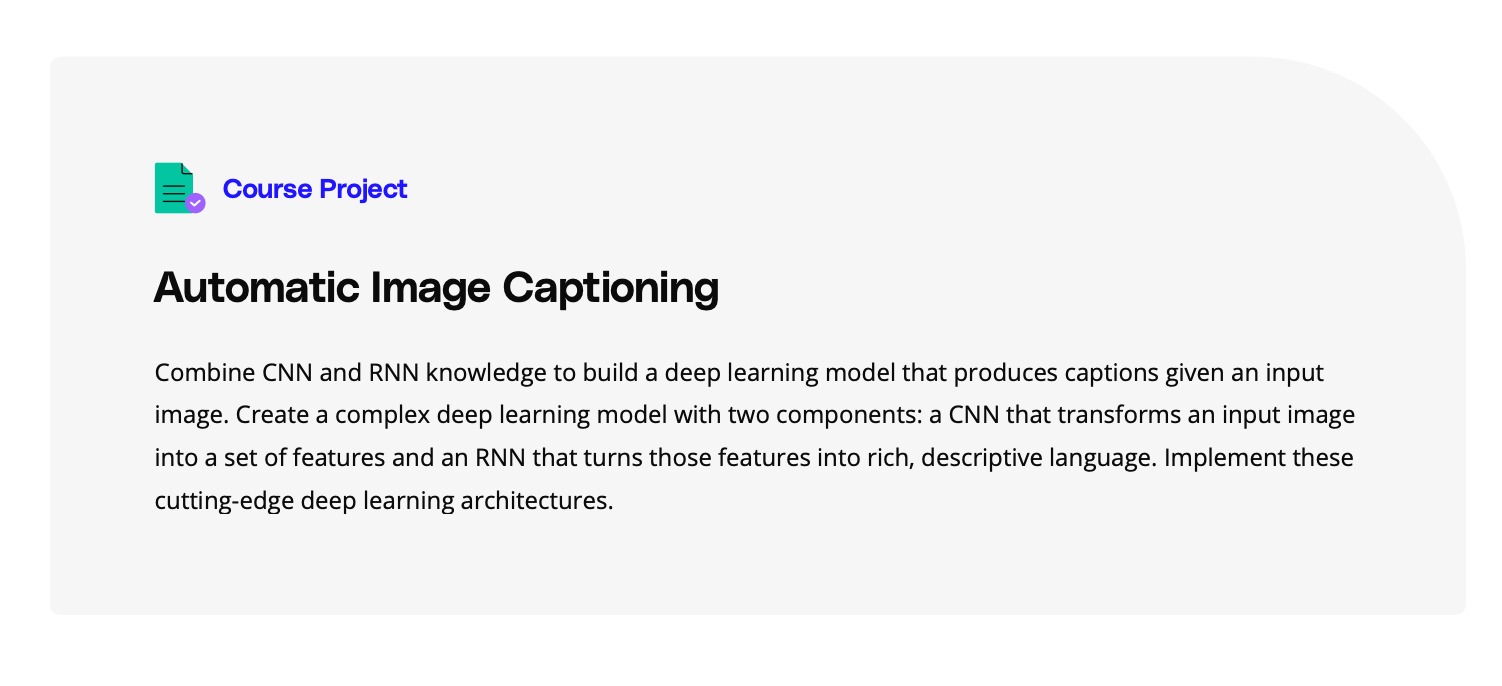
For a free course for intermediate Computer Vision Basics - especially one where you'd like a little more accountability as it's held live - check out this one offered by the University at Buffalo.
Do all of these courses seem too advanced so far, or too intimidating without a live professional guiding you? For a paid course for high schoolers with live instruction and immediate feedback from a teacher, check out AI Creators.
If you're looking for more of an introduction to the broader field of artificial intelligence, audit HarvardX: CS50's Introduction to Artificial Intelligence with Python for free, to learn to use machine learning in Python.
If you're looking for a high-level introduction to artificial intelligence (of which machine learning and computer vision are subsets), check out AI for Everyone on Coursera. Andrew Ng, who started the Google Brain team and Coursera itself, gives an overview of artificial intelligence, how to build it into your company, and how it's changing society. The course is free and takes approximately six hour to complete, so it's a nice bite-sized primer to get you started.
And finally, one important course we recommend regardless of background is Kaggle's Intro to AI Ethics. The class walks through human-centered design, the potential for bias in our training data, and how to create sustainable AI systems. In machine learning, having a representative dataset isn't only about data ethics – it also produces better models.
Know Yourself and Know Your Education Goals
Before picking any computer vision class to start, you should ask yourself:
- What is my desired outcome? Fundamentally, are you aiming to understand the conceptual implications of using computer vision for your business problem or are you aiming to be the person implementing the code and processes to leverage computer vision at your company? Or, more simply: are you planning to write code to implement computer vision or are you predominantly focused on management of a solution? Knowing your desired skill outcome is essential to picking the right learning path.
- What is my background in artificial intelligence so far? Do you already have a background programming, but you're relatively new to computer vision specifically? Alternatively, are you acquainted with another machine learning domain (like natural language processing) but new to computer vision? Or perhaps you're non-technical and new to AI altogether?
- How do I best learn? While video courses are effective for some, blog posts or textbooks are better for others. For example, we've written an in-depth guide on what is object detection and how to use it. Ultimately, we highly recommend complementing any means by which you use to learn with practical projects to test your skills. When it comes to learning, diving headfirst into a problem is one of the best ways to get ahead. (You can get started with an open source computer vision dataset.)
Enroll in Recommended Online Computer Vision Courses and Certifications
There’s definitely a computer vision course that will help you develop the skills you want. The key is to not get stalled by choice paradox - rather, begin with your best class guess, start learning and experimenting, and adjust as needed. Soon you'll have learned new ways to harness computer vision. Maybe you'll be able to create self-driving car perception systems, real-time facial recognition, medical image analysis for disease detection, or even AI-powered retail checkout systems — what you build next is up to you.
Cite this Post
Use the following entry to cite this post in your research:
Contributing Writer. (Jan 9, 2025). Best Computer Vision Courses Online 2025. Roboflow Blog: https://blog.roboflow.com/best-computer-vision-courses/
